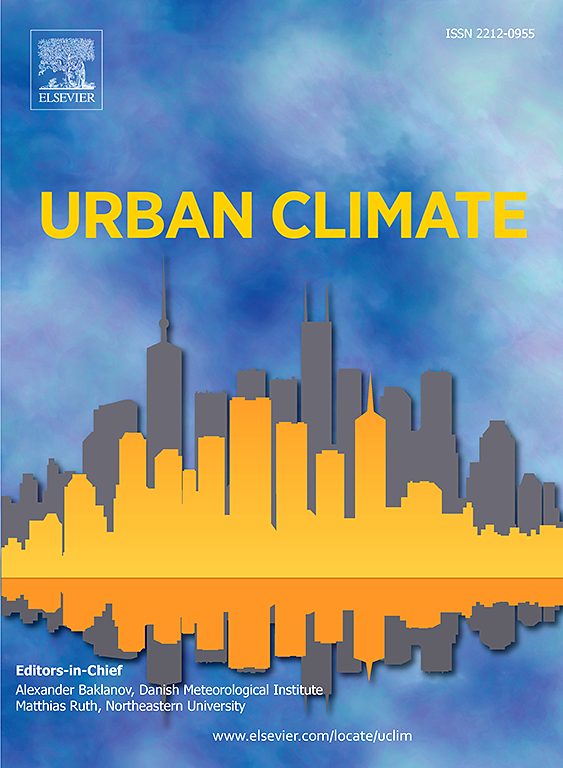Carbon reduction in the AI era: How does urban digital intelligence transformation facilitate low-carbon development?
IF 6
2区 工程技术
Q1 ENVIRONMENTAL SCIENCES
引用次数: 0
Abstract
Under the backdrop of global climate governance and China's dual carbon objectives, this research explores how urban digital intelligence transformation (DIT) aids low-carbon development. By using city-level panel data from China (2016–2021) and applying the difference-in-differences (DID) approach, we assess the influence of Artificial Intelligence Innovation Development Pilot Zones (AIIDPZs) on carbon emission intensity (CEI). Results demonstrate that AIIDPZs significantly reduce CEI, primarily through technological progress and energy efficiency improvements. Heterogeneity analysis reveals stronger effects in non-resource-based cities, eastern areas, high-GDP cities, and areas with advanced internet infrastructure, while resource-dependent and less-developed regions exhibit limited benefits. Further, public participation and stringent environmental regulations amplify the policy's effectiveness, underscoring the importance of “technology-society-institution” collaborative governance. Notably, AIIDPZs achieve emission reductions without increasing industrial pollution, balancing technological innovation with environmental sustainability. This research offers fresh perspectives on the role of urban DIT in fostering low-carbon development and offers empirical support for policymaking.
人工智能时代的减碳:城市数字智能转型如何促进低碳发展?
在全球气候治理和中国双碳目标的背景下,本研究探讨城市数字智能转型如何助力低碳发展。本文利用2016-2021年中国城市面板数据,运用差分法(DID)评估了人工智能创新发展试验区(AIIDPZs)对碳排放强度(CEI)的影响。结果表明,aiidpz主要通过技术进步和能效提高显著降低了CEI。异质性分析表明,非资源型城市、东部地区、高gdp城市和互联网基础设施发达地区的效应较强,而资源依赖型和欠发达地区的效应有限。此外,公众参与和严格的环境法规扩大了政策的有效性,强调了“技术-社会-机构”协作治理的重要性。值得注意的是,aiidpz在不增加工业污染的情况下实现了减排,平衡了技术创新和环境可持续性。本研究为城市DIT在促进低碳发展中的作用提供了新的视角,并为政策制定提供了实证支持。
本文章由计算机程序翻译,如有差异,请以英文原文为准。
求助全文
约1分钟内获得全文
求助全文
来源期刊

Urban Climate
Social Sciences-Urban Studies
CiteScore
9.70
自引率
9.40%
发文量
286
期刊介绍:
Urban Climate serves the scientific and decision making communities with the publication of research on theory, science and applications relevant to understanding urban climatic conditions and change in relation to their geography and to demographic, socioeconomic, institutional, technological and environmental dynamics and global change. Targeted towards both disciplinary and interdisciplinary audiences, this journal publishes original research papers, comprehensive review articles, book reviews, and short communications on topics including, but not limited to, the following:
Urban meteorology and climate[...]
Urban environmental pollution[...]
Adaptation to global change[...]
Urban economic and social issues[...]
Research Approaches[...]
 求助内容:
求助内容: 应助结果提醒方式:
应助结果提醒方式:


